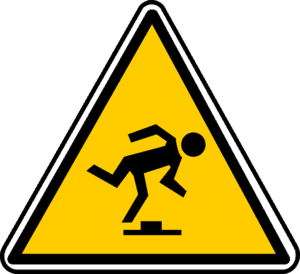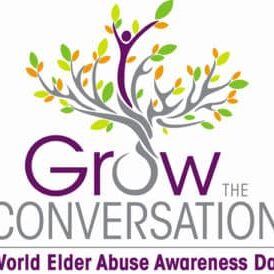The start of fall can mean a lot of different things- crunchy leaves, scarves, and more pumpkin-flavored things than you can imagine. The first day of fall is also Falls Prevention Awareness Day.
Falls are a huge issue for older adults. According to the Center for Disease Control and Prevention, at least 300,000 older adults are hospitalized for hip fractures each year, most of which are due to falls. Falls can also cause head injuries, including traumatic brain injuries.
Some factors can cause an older adult to have a higher risk of falling, such as vision issues, balance issues, medication side effects, muscle weakness, or hazards in the environment (e.g., icy sidewalks or electrical cords on the floor). Worst of all, fear of falling can negatively affect an older adult’s life and lead to them isolating themselves.
What can be done so that older adults hospitalized for falls don’t have a return visit? It turns out that hospitals aren’t doing the best job of educating older adults and caregivers about fall prevention before they’re discharged. A recent study by Geoffrey Hoffman found that patients that were fall risks or were sent to their home after being discharged were more likely to return to the hospital for another fall within a month of being discharged. This suggests that these patients didn’t know about community fall prevention programs or didn’t have enough supervision or help after returning home. Something as simple as education on fall prevention could have prevented additional hospitalizations.
Fall Prevention Tips:
1. See your doctor
Make an appointment for a physical every year and check your vision, hearing, and blood pressure. Make sure you know the side effects of your medications. Be sure to tell your doctor if you’ve fallen since you last saw them.
2. Limit household hazards
Take an in-depth look at your floors- are there things you can trip over? Are there dark areas that could use additional light? Do you walk with your hand on the wall? If so, you might want to get a rail or grab bar installed. Look at the Ahead of the Curve Resource Guide under “Home Services” for information and programs to make your home safer.
3. Stay Active
Exercises like yoga and tai chi can improve balance. Building your core and leg muscles strengthens those areas and could lead to you lessening your risk for falls.
4. Learn about resources in your community
Check the Ahead of the Curve Resource Directory or search for “Matter of Balance” classes for more information. These classes are held periodically at different sites throughout the county and are usually put on by the Area Agency on Aging-1b. You can find more information here: https://aaa1b.org/senior-health-and-wellness/fall-prevention/






